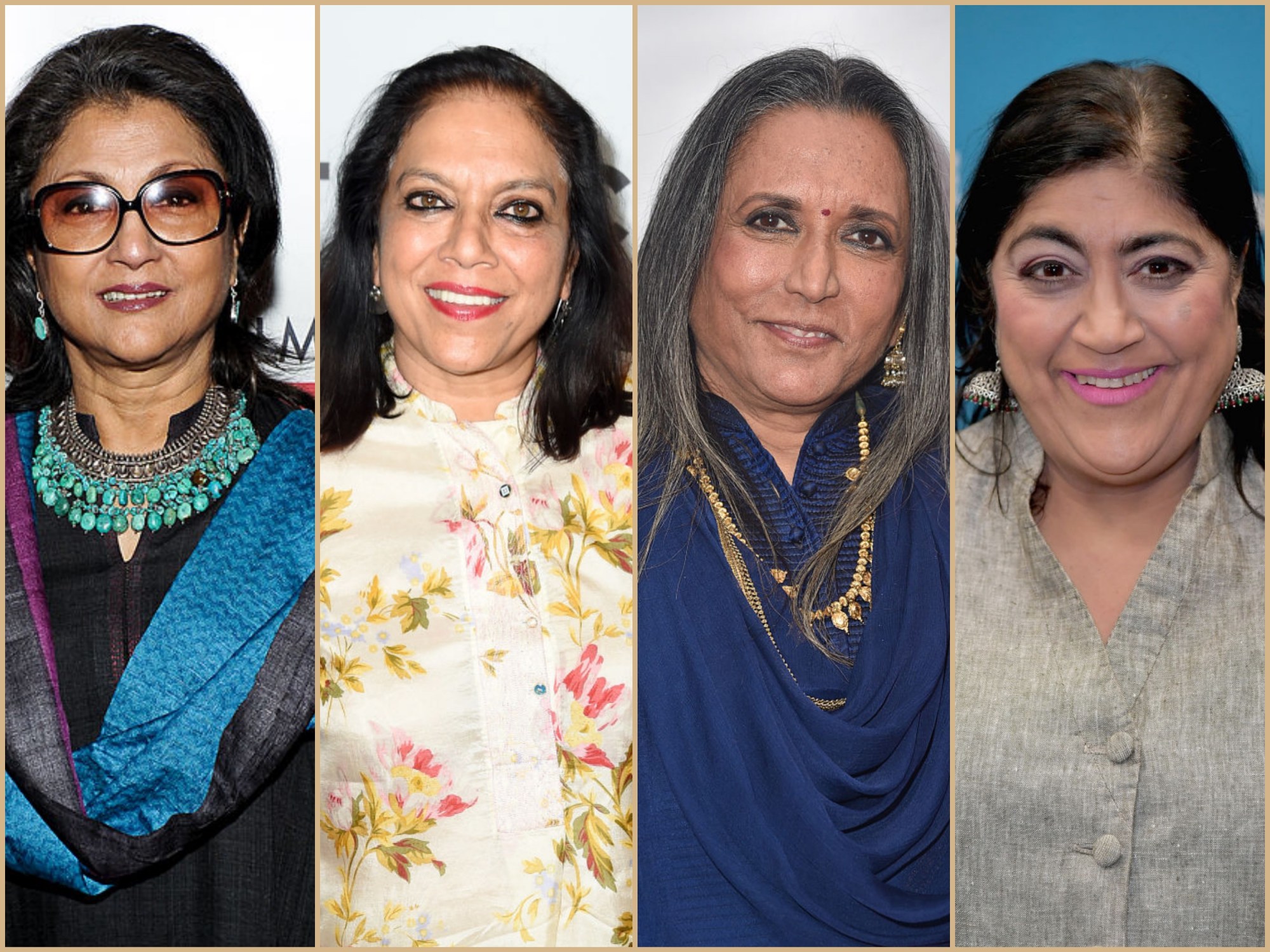
- Industry
Trailblazing Pioneers: Indian Women Directors
May 9, 2020
—
Noël de Souza
color:black’>Fatma Begum, star of silent films in Indian cinema, is credited as having been the first woman director in the country, starting her career on the Urdu stage and later on setting up her own company, Fatma Films, after she had she segued into a career in film. Her first film as a director was the 1926 Bulbul-e-Paristan, the print of which is unfortunately lost; her last film was Goddess Of Luck, which she directed in 1929.
color:black’>It was not until 1981 that another female director would surface: Aparna Sen, who at the age of 15 appeared in a Satyajit Ray film and then went on to become a well-respected actress in Bengali films; she was influenced and inspired by Mr. Ray when she directed her first film, 36 Chowringhee Lane, which garnered her a national award. She went on to direct several more films, and directed her daughter, actress Konkona Sen Sharma, in Mr. and Mrs. Iyer, for which Konkona won the National Award for best actress.
color:black’> Konkona then made her own directorial debut with A Death in the Gunj in 2017. She received the best director award at the Mumbai Film Festival as well as the New York Indian Film Festival, and has also been actively acting in films: in 2017 she starred in Lipstick Under My Burkha, which did well at both the box office and the festival circuit. Lipstick Under My Burkha was also directed by a woman, Alankrita Shristava who had started her career as an associate director. Her first film, Turning 30 , was poorly received, but, undaunted, she went on to direct Lipstick Under My Burkha, a controversial film which depicted the sex lives of four women, and was censored heavily before its India release.
color:black’>It has not been an easy path for female directors in the male-dominated film industry, which turns out countless “Masala” films, which are family-oriented, containing romance and action. The woman directors can’t get a fraction of the millions of rupees that are spent on such mainstream films. So, they are left to fend for themselves, raising funds where they can. These directors have tackled female-oriented subjects, but that path has not been without its pitfalls.
color:black’>Director Deepa Mehta is an award-winning Indo-Canadian director, who is best known for her Elements trilogy, Earth, Fire, and Water. It was Fire that first got her into trouble, with its controversial plotline of two sisters-in-law falling in love. There were riots when the film was released and cinema houses were burned. She ran into trouble again before she even started shooting Water, a film that featured religion, misogyny, and child brides: in a violent political backlash, sets were destroyed by the Hindu right-wing party BJP, and an effigy of Deepa set ablaze. After death threats, the production was shut down. It was later moved to Sri Lanka and completed there.
color:black’>Besides Deepa, there have been several women directors who have made a name for themselves. As well as Mira Nair and Gurinder Chadha, who found fame outside of India, there is now a whole young generation of women who are redefining at home what it is to be an Indian filmmaker. India’s entry to the 2019 Oscars, Gully Boy, was directed by Zoya Akhtar, scion of a famous Bollywood family: her father, Javed Akhtar, is a famous poet/screenwriter, her brother Farhan a film director, and her stepmother, Shabana Azmi, an actress, After studying film at NYU and assisting Mira Nair on her films, Akthar went on to direct short films before her breakthrough with Zindagi Na Milegi Dobara, a film that starred major Bollywood talent Hrithik Roshan and Karina Kaif. The film won her a Filmfare Award for Best director in 2011. Aktar was invited to join AMPAS in 2019 and her latest film is one of an anthology called Ghost Stories streaming on Netflix.
color:black’>Gauri Shinde made her entry into the film world by directing a number of commercials and short films, one of which was selected to screen at the Berlin Film Festival. She made her feature film directing debut with English Vinglish in 2012: it premiered at the Toronto Film Festival to a standing ovation. The film marked the return to the screen of the legendry Sridevi after a long absence and won Shinde the Filmfare Award for Best Debut Director.
But if it meant losing their individual voice, the question is whether they would want to?

